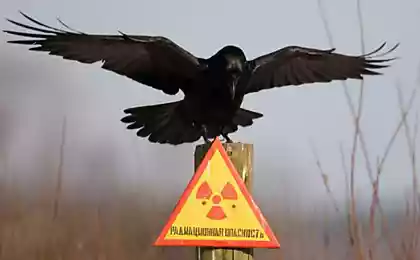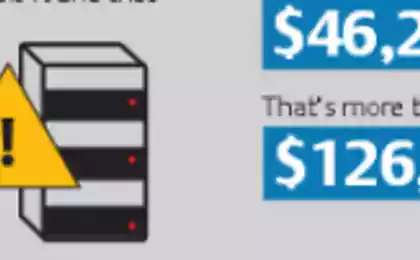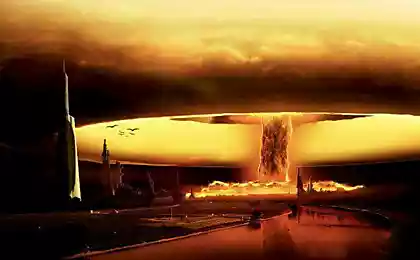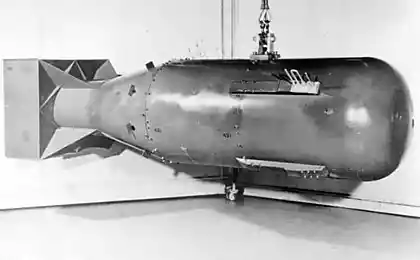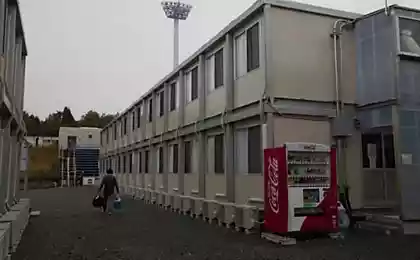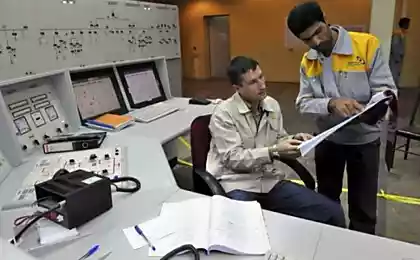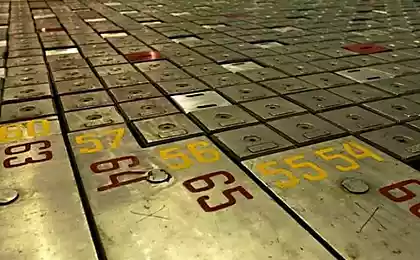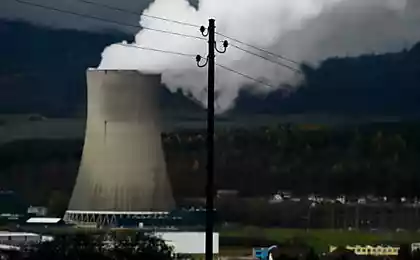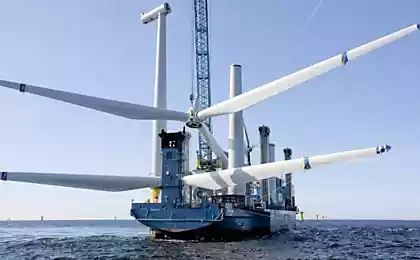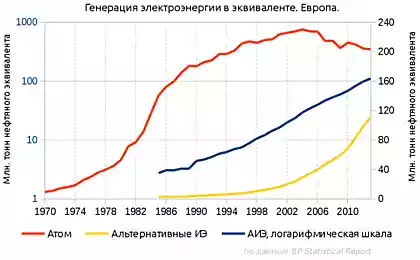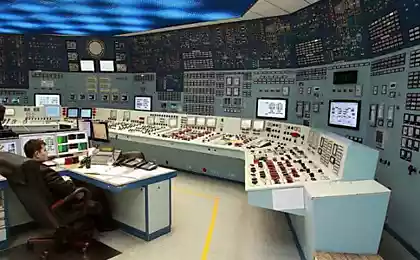822
Japan restarts its nuclear power plants after two years of inactivity
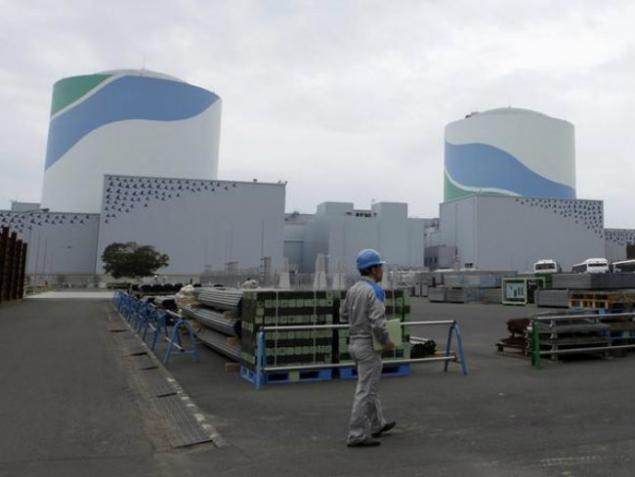
nuclear power plant in Sendai i>
The two-year boycott of nuclear energy in Japan is officially completed. Japan's energy needs are so great that the economy simply can not function properly without a large amount of cheap electricity. Fears after the accident at Fukushima in 2011 gradually dissipated - and nuclear power plants are returned to normal operation.
Today at 4:30 am Moscow time launch reactor nuclear plant in Sendai, a city 1,000 km southwest of Tokyo, передает AFP .
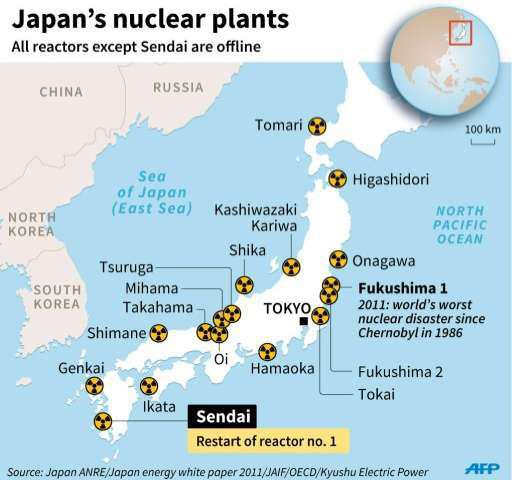
The reactor in Sendai, established 31 years ago, is recognized by the relevant safety regulations, which strongly tightened after the accident at Fukushima. The reactor should reach full capacity today at 17:00 GMT, and the generation of electricity will begin on Friday. Start of commercial operation is scheduled for September, a spokesman for the company Kyushu Electric Power.
Restarting the reactor took place four years after a devastating accident at the Fukushima-1, when due to the earthquake and tsunami has failed primary and backup cooling system, and then there was the meltdown of a reactor at Units 1, 2 and 3.
Recovery of the accident will take dozens of years, and the damage is now estimated at $ 57 billion.
Fukushima has called into question the future of nuclear energy. Japan said it would completely abandon the peaceful atom, and in September 2013 to stop all nuclear power plants. The Company categorically expressed for the closure of nuclear power plants.
Anti-nuclear sentiments are strong now. As the local television station, about 200 protesters gathered opposite the entrance to the nuclear power plant in Sendai, protesting against the start of the reactor.
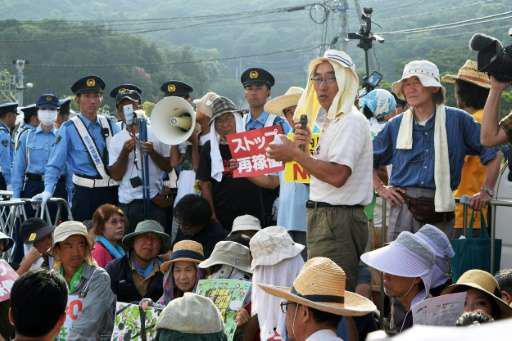
Experience has shown that the modern economy is very difficult to abandon nuclear energy. After the closure of nuclear power plants rose sharply electricity bills for households and businesses, and the trade balance of Japan went into negative territory due to the need to purchase large quantities of hydrocarbons. The Japanese currency Yen seriously weakened the dollar.
Therefore, in Japan have developed enhanced security measures, we decided to build in some parts of the wall against the tsunami - and began to restart reactors. "It is important to restart the reactors one after the other from the point of view of energy security, economics and action against global warming, but the foreground is always safety," - told reporters Yoichi Miyazawa, Japan's Minister of Industry.
The authorities are going to re-enter into operation about 40 reactors, they will cover up to 22% of the country's energy needs by 2030. Now reactors are in the process of certification for compliance with the new rules, and then will turn back to work.
Because of Japan's plans to restart nuclear power plants in the world market should reduce the demand for oil and gas, which contributes to lower prices.
Source: geektimes.ru/post/260058/
Elephants made a public toilet in a watering
The British Library is asking for help in deciphering the engraving on the sword of the XIII century

